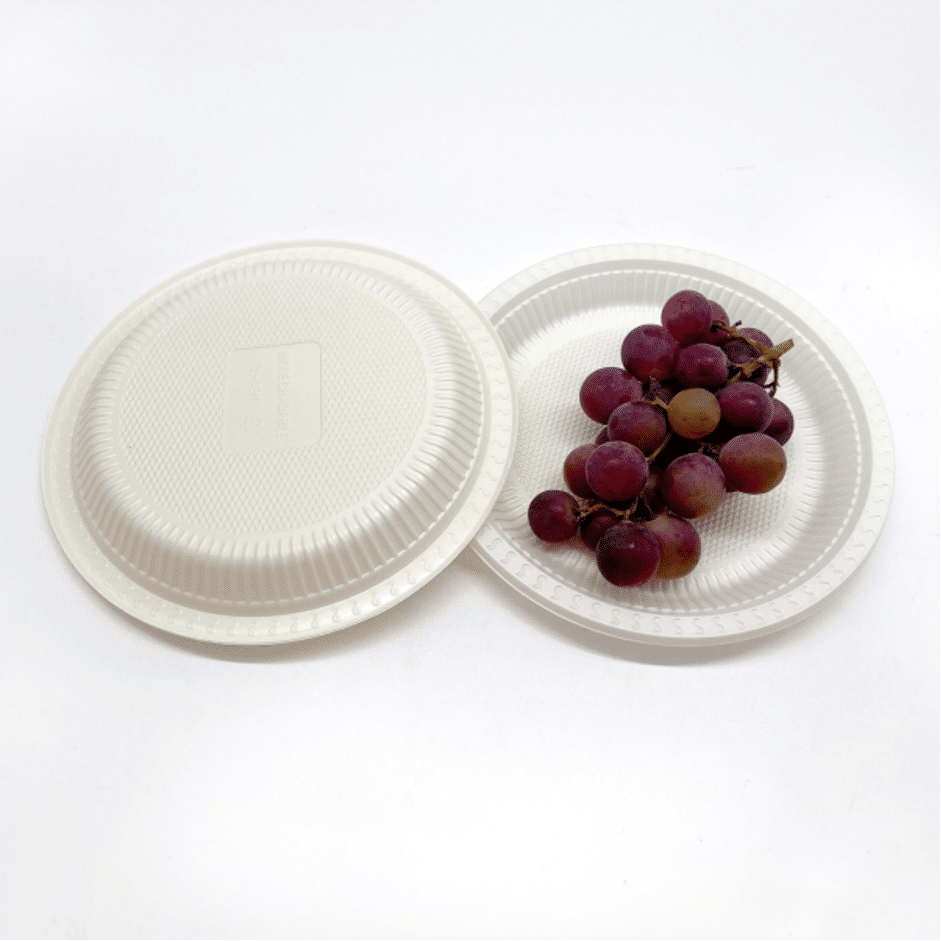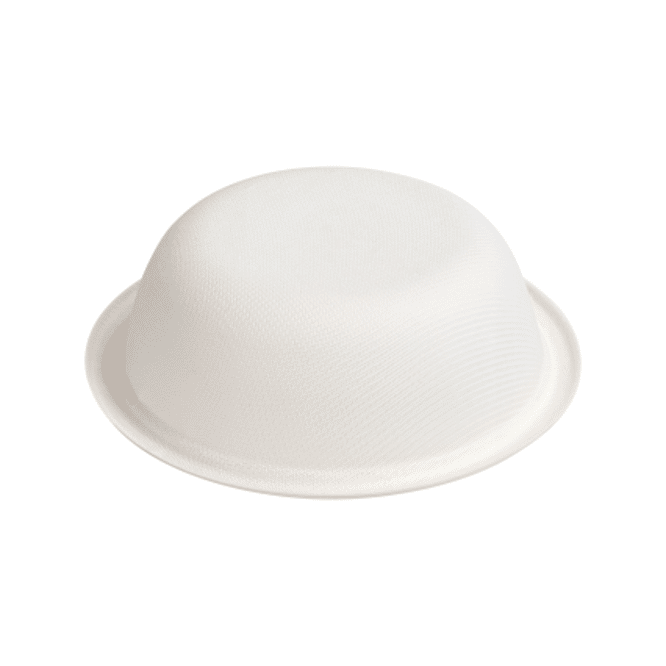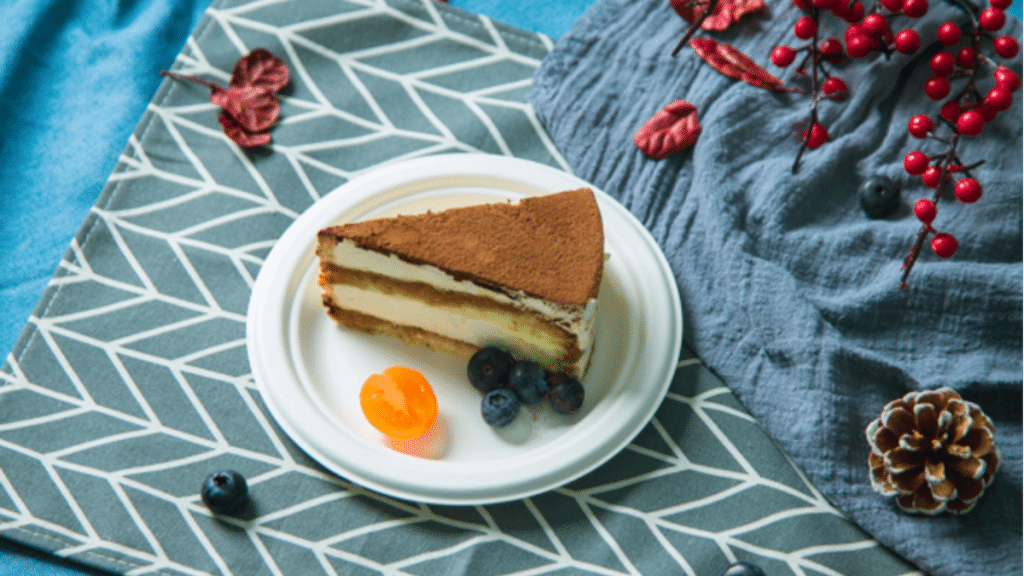The term biodegradable has been widely used for sustainable items that tend to disintegrate over time. While most materials eventually break down, significant differences exist in the time it takes to decay completely. With increasing awareness about the environment and rising pressure from climate activists, there has been considerable development in the packaging industry. Several materials are now being used to produce sustainable packaging that businesses can use. Based on which biodegradable food packaging materials are used, the packaging can be classified into different types, each with its unique features and advantages.
Benefits of Using Food Packaging Made of Biodegradable Materials
The US Environmental Protection Agency (EPA) approximates that about half of all municipal solid waste comprises food and materials used in food packaging. This number is concerning and daunting at the same time. With the increasing consumption of packaged food, the threat of unsustainable packaging increases significantly. One viable approach is using biodegradable materials in food packaging, which offers several environmental benefits.

1. Reduction in Landfill Waste
Biodegradable food packaging materials can break down naturally over time, reducing packaging waste in landfills. Unlike traditional packaging materials that can persist for hundreds of years, biodegradable materials degrade rapidly, minimizing the long-term environmental impact.
2. Decreased Greenhouse Gas Emissions
Biodegradable packaging materials have a lower carbon footprint than those derived from fossil fuels. The production of biodegradable packaging generates fewer greenhouse gas emissions, contributing to mitigating climate change and promoting a more sustainable future.
3. Conservation of Resources
Biodegradable food packaging materials often utilize renewable resources, such as plant-based fibers, which can be sustainably harvested. By reducing reliance on finite resources like petroleum-based plastics, using biodegradable materials helps conserve natural resources.
This step towards a greener environment further benefits the business’s reputation and attracts customers. People are eager to connect to brands that don’t just care about their profits but also consider the lasting impact that the next generations would have.
Types of Biodegradable Food Packaging Materials
There are various types of biodegradable food packaging materials, each with unique features and benefits. Let’s explore some of them:
1. Plant-Based Plastics
Plant-based plastics are also known as bio-based plastic. They are produced from agricultural waste or scraps. These are derived from renewable sources. It can contain food products well without spoiling the food.
2. Bagasse
It is the fiber that is left after sugarcane juice has been extracted. Since it is natural and carbon neutral, it is considered an ideal choice for food-related businesses. It can easily be molded to be utilized as bagasse tableware.

3. Paper
Paper is versatile and one of the widely used biodegradable food packaging materials. It is renewable, recyclable, and compostable. It offers adequate food protection and can be easily customized for paper tableware and cutlery.
4. Wood Pulp
Wood pulp-based packaging is derived from sustainably sourced wood fibers or recycled paper. It is widely used as a material in several packaging products.
5. Bamboo Pulp
Bamboo is the most talked about material when it comes to food packaging. Bamboo plants can be transformed into bamboo utensils, dinnerware, catering items, or other food packaging products.
6. CPLA
Crystallized polylactic acid is also extracted from renewable resources. It is mostly used in packaging hot beverage cups and lids such as coffee.
Current Market Trends in the Biodegradable Food Packaging Industry
The awareness and knowledge about sustainable products are expected to rise in the coming years. This will lead to changing customer preferences and pressure businesses to adopt sustainable practices, including switching to biodegradable food packaging. The rising demand for hygienic packaging options has expanded the market for such environmentally-friendly solutions.
Ecosource: A Reliable Biodegradable Food Packaging Supplier
Ecosource, since its inception, has stood strong and tall with its values: achieving carbon neutrality, reducing deforestation, and reducing the use of plastic. With over 30 years of experience in the environmental protection industry, Ecosource has become a trusted provider of packaging solutions worldwide, catering to renowned brands that share their vision of preserving the planet. They provide several bioplastic products, including compostable film, compostable bags, CPLA cutlery, and CPLA cup lid. By offering eco-friendly alternatives, they contribute to the collective efforts of billions of consumers worldwide who make responsible lifestyle choices each day, working towards the global goal of achieving carbon neutrality.
They achieve this through extensive investment in research and development that keeps them ahead of the curve and their customers ahead in their industry. Regardless, not only does Ecosource not let its business customers compromise on customization or quality, but it can also create a greener future and build a more sustainable world for future generations. Partner with Ecosource to create a greener future and embrace sustainability for your business.

